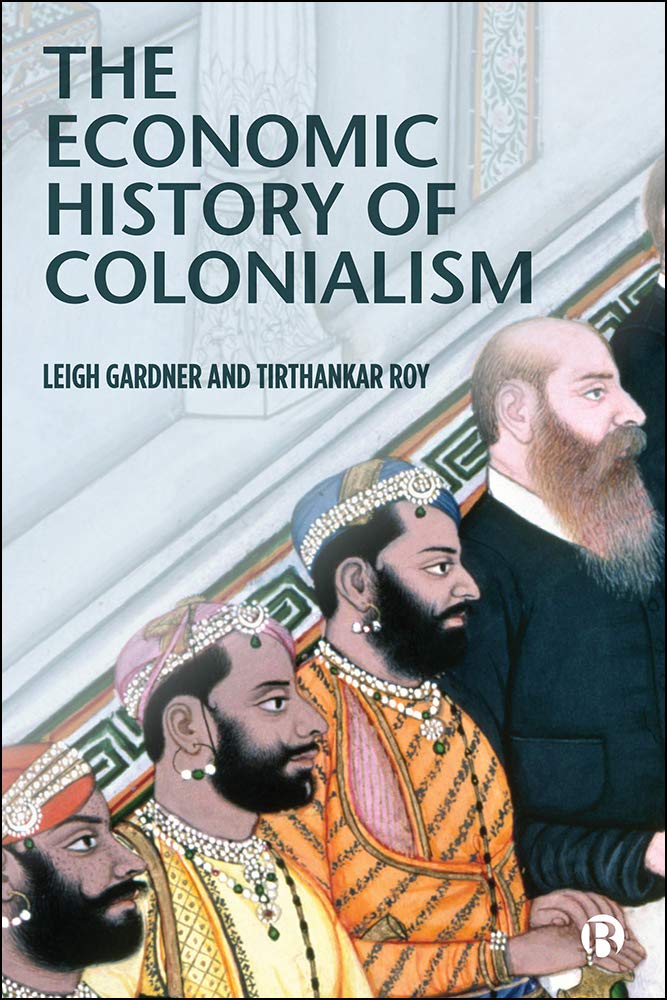
With Leigh Gardner (LSE), Bristol University Press, 2020.
Debates about the legacy of European rule in Asia and Africa animated economic history for more than a century. This field of scholarship has shifted radically in the last 15-20 years. New sources have been used, new questions asked, and new ideas emerged. Popular discourse on colonial legacy is yet to register the shift.
Earlier, economic historians believed that the aims of the European states, be it economic exploitation or protecting military power, shaped the effects of these regimes. This assumption no longer holds. Local conditions like geography, resources, business, and institutions profoundly influenced their origin, operation, and impact.
The origin, operation, and impact were diverse and did not follow one blueprint. But there were some common features. All colonial regimes struggled to raise revenues and build fiscal muscle, usually without significant success. Because their capacity was small, local conditions mattered the more. Consider two examples.
Education: Most regimes provided little mass schooling beyond what was needed to staff government jobs. And yet, in 1951, the literacy rate in Sri Lanka (Ceylon) was 60 percent, and in India, 18 percent. Colonial ideology does not explain the difference. Local taxable capacity and differences in economic structure do.
Business: Colonialism worked for expatriates and sometimes obstructed local enterprise. But because the regimes had limited capacity, they sometimes encouraged local groups. Think of the Indian-owned cotton mills, cocoa farmers in West Africa, and Chinese enterprises in Southeast Asia.
Besides low state capacity, a second common feature of colonial regimes was their effect on inequality. In most colonial territories, economic change and state policy favoured some groups more than others, thus introducing new forms of inequality. Expatriates sometimes figured among the gainers, but not always.
The rethinking uses much more data on the areas of rule, shifting attention away from the imperialist countries. Economic History of Colonialism is a synthesis of the rethinking. Each of its ten chapters tackles one aspect of the big story: origin, inequality, living standards, states, business trends, environmental change, and decolonization, for example.